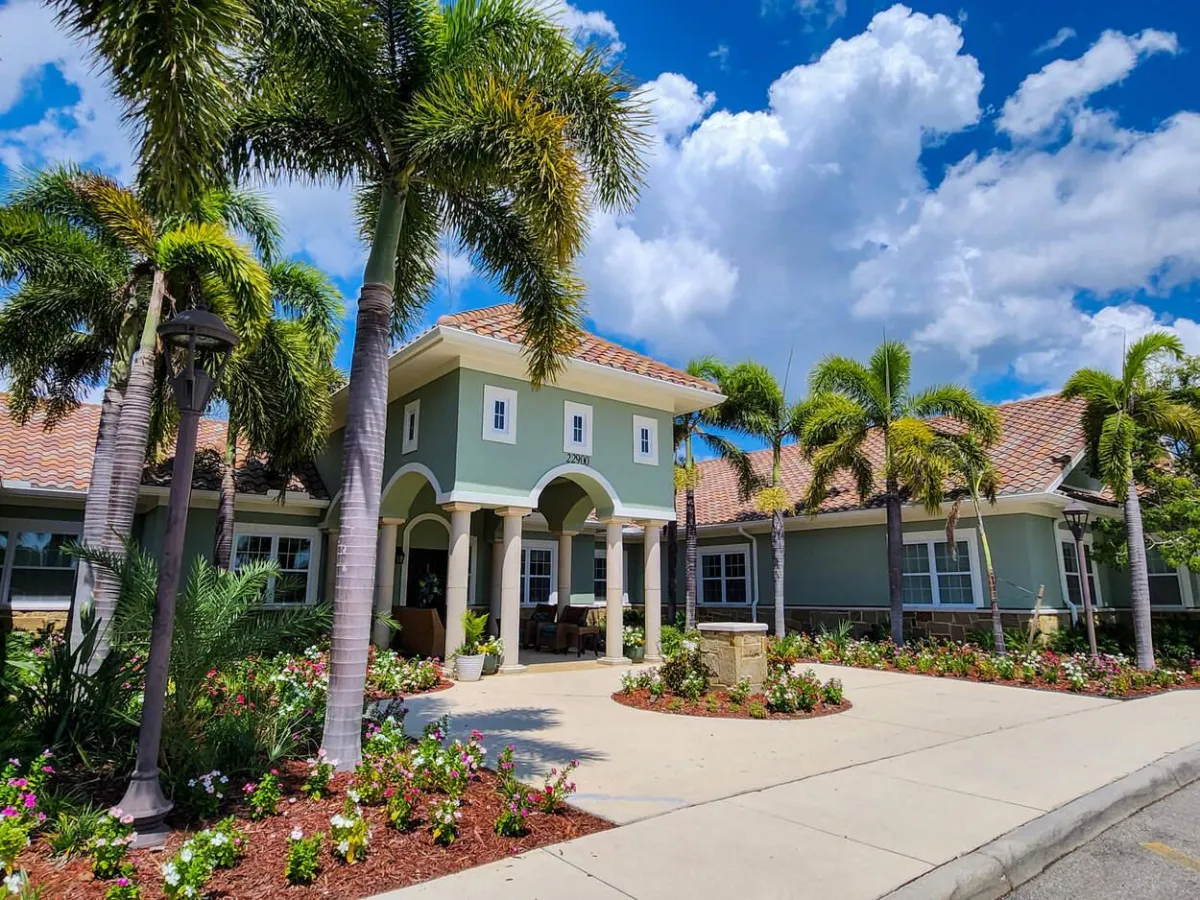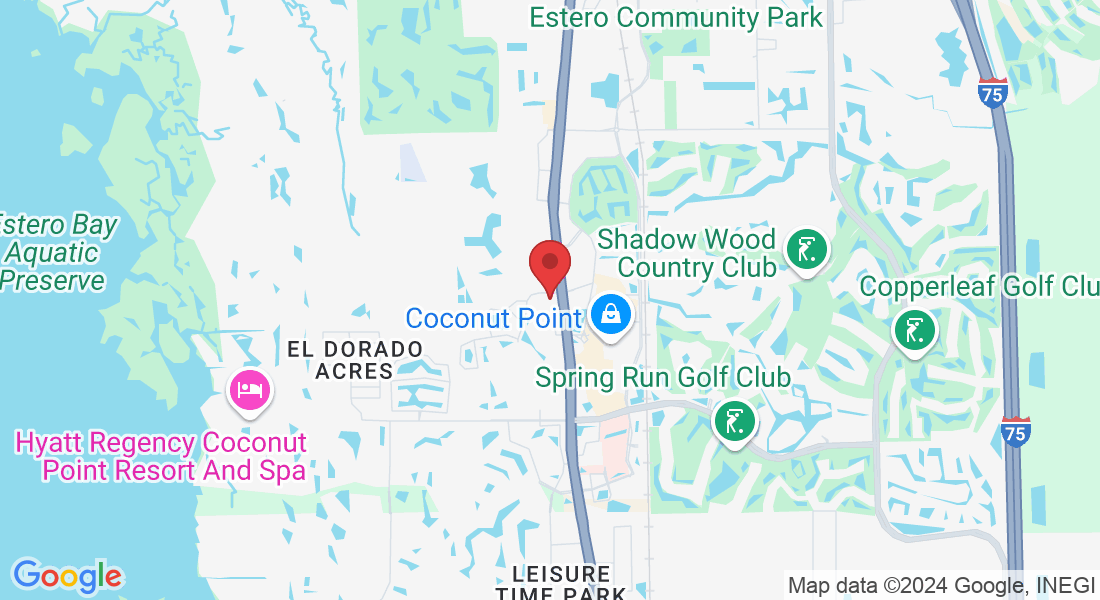Call Us: (239) 427-1455
This site is for families seeking memory care services. For employment inquiries, visit our Indeed page.
Memory Care Resources
Enjoy these articles on finding the right care for your loved one

The Ultimate Dementia Caregiver Checklist – What You Need to Know
Caring for a loved one with dementia is a journey filled with love, patience, and, at times, overwhelming challenges. Whether you're providing care at home or considering an assisted living community, being prepared can make a world of difference—for both you and your loved one.
This guide walks you through everything you need to know as a dementia caregiver, offering a practical checklist to ensure your loved one receives the best possible care.
Understanding Dementia Care Needs
Dementia affects more than just memory—it impacts daily routines, emotional well-being, and overall quality of life. The level of care needed will depend on the stage of dementia, but one thing remains constant: structure, safety, and compassionate support are key.
For some families, providing care at home is manageable in the early stages. However, as dementia progresses, round-the-clock supervision may become necessary. This is where a memory care community can offer invaluable support, providing specialized dementia care in a safe, structured environment.
Wherever your loved one is on their journey, having a solid caregiving plan can help reduce stress and ensure they receive the care they need.
The Essential Dementia Caregiver Checklist
1. Establish a Daily Routine
Predictability is comforting for individuals with dementia. Establishing a structured daily routine helps minimize confusion and anxiety. Consider including:
Regular meal times to encourage healthy eating habits.
Consistent wake-up and bedtime schedules to regulate sleep patterns.
Daily activities such as light exercise, music therapy, or simple household tasks to encourage engagement.
Dedicated quiet time to help prevent overstimulation.
Even small disruptions can be unsettling, so maintaining consistency is key.
2. Create a Safe and Comfortable Environment
Safety is one of the biggest concerns in dementia care. Simple adjustments can help prevent accidents and promote independence.
Remove tripping hazards (rugs, clutter, or furniture with sharp edges).
Install grab bars in the bathroom and handrails in hallways.
Use soft, even lighting to reduce shadows and confusion.
Consider passive monitoring technology, like motion sensors, which can detect unusual activity patterns, such as frequent nighttime wandering.
Label doors, drawers, and commonly used items to help with recognition.
If your loved one is in a memory care community, you’ll want to ask about their safety measures, such as secured outdoor areas and staff training in dementia care.
3. Medication & Health Management
Managing medications and keeping track of health conditions is crucial. Many individuals with dementia take multiple medications, which can become overwhelming.
Maintain a medication schedule and use a pill organizer.
Schedule regular medical check-ups, including vision and hearing tests.
Monitor for signs of dehydration or malnutrition, as dementia can impact appetite and thirst awareness.
Keep a record of any behavioral or physical changes that may indicate new health concerns.
Many assisted living communities offer medication management services, which can be a huge relief for caregivers.
4. Support Emotional & Social Well-Being
Dementia can be isolating, both for the individual and their caregivers. Social interaction and emotional support are just as important as physical care.
Engage in memory-stimulating activities, such as storytelling, looking through old photos, or listening to familiar music.
Encourage light physical activities, such as short walks or chair exercises, to improve mood and mobility.
Foster social connections through visits with friends and family, or by participating in group activities in a memory care community.
Pay attention to emotional cues—frustration, agitation, or withdrawal may signal unmet needs.
Caregiving is emotionally demanding, so don’t forget to take care of yourself, too. Joining a dementia caregiver support group can provide a safe space to share experiences and receive encouragement.
5. Legal & Financial Planning
Dementia care can be costly, and planning ahead is essential. Having legal and financial affairs in order ensures your loved one’s wishes are respected and that care decisions can be made without unnecessary stress.
Establish or update a power of attorney for healthcare and financial matters.
Discuss long-term care options and costs, including memory care communities.
Research financial assistance programs, such as Medicaid or veterans’ benefits, if applicable.
Keep important documents (insurance, medical history, living will) organized and accessible.
Legal conversations can be difficult, but having them early will prevent confusion down the road.
When to Consider a Memory Care Community
Many families struggle with the decision of whether to move their loved one into a memory care community. While home care can work for some, there may come a point when professional care is the best option.
Signs it may be time to consider assisted living for dementia care:
Increased safety concerns, such as frequent falls or wandering.
Difficulty managing daily hygiene, meals, or medication.
Unmanageable behavioral changes, such as aggression or extreme confusion.
Caregiver burnout—if you’re feeling overwhelmed, it’s okay to seek support.
What to Look for in a Memory Care Community
Not all assisted living communities are the same. When exploring options, consider:
Staff training in dementia care and behavior management.
Safety features, including secured outdoor spaces and discreet monitoring technology.
Personalized care plans tailored to different stages of dementia.
Meaningful activities designed to stimulate cognitive function.
A warm, welcoming atmosphere that feels like home.
A quality memory care community will offer not just care, but connection, comfort, and peace of mind.
Final Thoughts & Helpful Resources
Dementia caregiving is a challenging but deeply meaningful journey. By having a structured plan and knowing when to seek additional support, you can ensure your loved one continues to live with dignity and quality of life.
Whether you're caring for a loved one at home or considering a specialized memory care community, this checklist provides a strong foundation for making informed decisions.
If you're looking for compassionate, expert-led dementia care, Gulf Coast Memory Care is here to help. Reach out today to learn more about how our dedicated team can support you and your loved one on this journey.
Contact Us to learn more about our memory care community and how we can provide the best possible care for your loved one.

Gulf Coast Memory Care
(239) 427-1455
22900 Lyden Dr, Estero, FL 33928
AL# 12921





